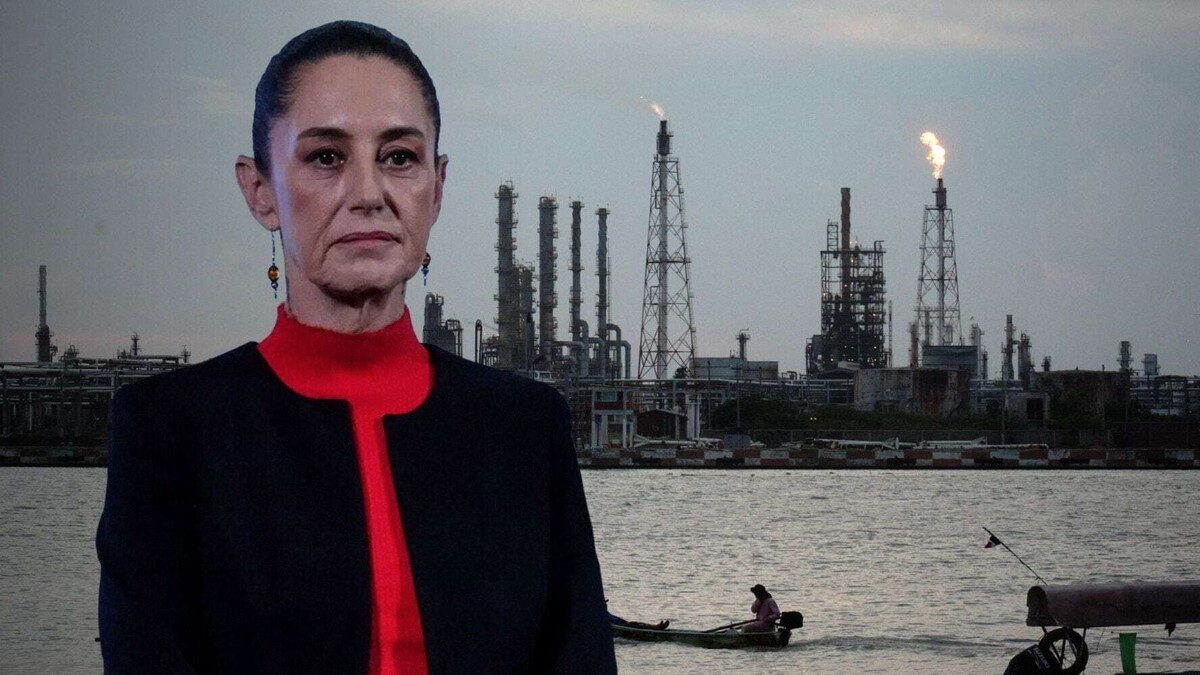
The president of Mexico, Claudia Sheinbaum, has presented a new strategy to involve the private sector in the country's oil fields, sharing benefits from joint ventures in a radical shift after years of excluding foreign investors from energy projects. According to the revealed plans, Petróleos Mexicanos (Pemex) will collaborate with private sector partners in ventures that could represent up to 10% of the production of the state-owned oil company.
"If Pemex decides that it requires support from a private entity, it is a scheme established by law that guarantees the profit of the people of Mexico, namely the payment of rights, and also the profit of Pemex itself," Sheinbaum stated. The strategy aims to provide a way for Pemex to pay its debts to suppliers and allow private participation in specific energy projects.
The new strategy also seeks to streamline the granting of permits and establish mechanisms for private sector participation in the energy sector. Attracting foreign capital and expertise is considered crucial for improving Pemex's production and strengthening its balance sheet, aiming to reverse the company's problems.
However, there is concern that this initiative may send contradictory signals to potential investors, especially if it contradicts recent legislative changes that prioritize the government's political objectives over profitability. The proposed new model involves the division of revenues from oil projects among partners after recovering initial investments and taxing 30% of the government on crude oil.
The president made it clear that this approach represents a departure from the policies of her predecessor, Andrés Manuel López Obrador, by seeking to increase private participation in key sectors such as oil and electricity. Sheinbaum has inherited an oil company with declining production and a significant debt burden.
The proposed legislation would also ensure that state-controlled energy companies, such as Pemex and the Federal Electricity Commission (CFE), maintain their dominance in the national energy sector. This project arises at a time when Pemex faces production challenges, underperformance of its refineries, and ongoing operational issues at its facilities.













